In his latest book, Stillness Is the Key, Ryan Holiday takes on perhaps the most pressing question of our time:
The news bombards us with one crisis after another on every screen we own—of which there are many. The grind of work wears us down and seems to never stop. We are overfed and undernourished. Overstimulated, overscheduled, and lonely. Who has the power to stop? Who has time to think? Is there anyone not affected by the din and dysfunction of our time?
If the quiet moments are the best moments, and if so many wise, virtuous people have sung their praises, why are they so rare?
Throughout the book, he interweaves profiles of people from Leonardo da Vinci to Dorothy Day and Tiger Woods, with fragments of ancient wisdom from philosophers like Epicurus, Marcus Aurelius, and the Buddha, all in an attempt to show how that both great achievement and profound happiness rest on one nearly invisible virtue largely ignored in modern life:
Stillness.
What follows is a collection of my favorite quotes and passages from the book along with some brief thoughts of my own.
On Creativity
If we want more revelations—more insights or breakthroughs or new, big ideas—we have to create more room for them. We have to step away from the comfort of noisy distractions and stimulations. We have to start listening.
We’re all biased toward the power and sexiness of the conscious mind, and so, we consistently underrate and underutilize the power of the unconscious mind.
Creativity needs quiet every bit as much as it needs noise.
On Overthinking
Whatever you face, whatever you’re doing will require, first and foremost, that you don’t defeat yourself. That you don’t make it harder by overthinking, by needless doubts, or by second-guessing.
95% of my work as a psychologist is helping people get out of their own way:
- Undoing the worry that leads to anxiety.
- Undoing the self-criticism that fuels depression.
- Undoing the rumination that perpetuates anger.
But this dilemma goes far beyond the wall of the therapy office: the very thing that gives us our power—the thinking, reasoning mind—can also be our undoing if left unchecked.
Cultivate your powers of attention so that your mind works for you and not against you.
On Solitude
It is difficult to think clearly in rooms filled with other people. It’s difficult to understand yourself if you are never by yourself. It’s difficult to have much in the way of clarity and insight if your life is a constant party and your home is a construction site. Sometime you have to disconnect in order to better connect with yourself and with the people you serve and love.
It’s difficult to reap the rewards of solitude—which are many!—if you’re afraid to be alone with yourself.
On Slavery
A person enslaved to their urges is not free—whether they are a plumber or the president.
Freedom is the capacity to pursue your values, not the license to indulge your fleeting desires.
On Self-Improvement
No one achieves excellence or enlightenment without a desire to get better, without a tendency to explore potential areas of improvement. Yet the desire—or the need—for more is often at odds with happiness.
It’s possible to surf the middle way between self-improvement and self-acceptance—but it requires constant vigilance.
On Information
It’s difficult to think or act clearly (to say nothing of being happy) when we are drowning in information.
Information is cheap, understanding rare, wisdom priceless.
On Saying Yes
Always think about what you’re really being asked to give. Because the answer is often a piece of your life, usually in exchange for something you don’t even want. Remember, that’s what time is. It’s your life, it’s your flesh and blood, that you can never get back.
It’s a shame that most people only consider the concept of opportunity cost in terms of economics.
It has as much if not more utility in philosophy, psychology, history, politics, science and ethics.
There’s no escaping trade-offs.
On Presence
There’s no greatness in the future. Or clarity. Or insight. Or happiness. Or peace. There is only this moment.
As children, we’re taught to delay gratification—to forgo the pleasures of the moment in order to reap the rewards of the future:
- Studying instead of partying.
- Running drills instead of scrimmaging.
- Saving instead of spending.
And it’s a good thing we were. But it’s easy to misapply this lesson—to constantly live in the future at the expense of the present.
Which of course isn’t really living at all.
On Leisure
It’s a physical state—a physical action—that somehow replenishes and strengthens the soul. Leisure is not the absence of activity, it is activity. What is absent is any external justification—you can’t do leisure for pay, you can’t do it to impress people. You have to do it for you.
It’s my experience that few people can answer the following question: What do you truly love to do?
We’ve confused pleasure for satisfaction and work for fulfillment.
Leisure is what warms your soul and fills your mind. It energizes the body and ignites the spirit.
On Compassion
We are all thinking and feeling the same things, we are all made of and motivated by the same things. We are all stardust.
Or, as the great novelist E.M. Forrester said: Only connect.
On Spiritual Strength
To have an impulse and to resist it, to sit with it and examine it, to let it pass by like a bad smell—this is how we develop spiritual strength. This is how we become who we want to be in this world. Only those of us who take the time to explore, to question, to extrapolate the consequences of our desires have an opportunity to overcome them and to stop regrets before they start. Only they know that real pleasure lies in having a soul that’s true and stable, happy and secure.
The discipline of self-mastery gives us the strength to pursue our highest values without being sidetracked by the distractions and whims of the moment.
On The Way
Get lost. Be unreachable. Go slowly.
I vividly remember the advice a new friend’s dad gave us on our first day at college: Borrow someone’s car, drive into the middle of the city, get yourself good and lost, then explore.
I think there’s so much wisdom in the idea of purposefully and intentionally getting yourself good and lost.
On Clutter
You were born free—free of stuff, free of burden. But since the first time they measured your tiny body for clothes, people have been foisting stuff upon you. And you’ve been adding links to the pile of chains yourself ever since.
Every piece of clutter is a decision unmade, a little bit of procrastination tucked away on the back burner of your mind.
It’s impossible to communicate the sense of relief and freedom that comes from cutting out the cruft in your life.
On Escapism
The one thing you can’t escape in your life is yourself… A plane ticket or a pill or some plant medicine is a treadmill, not a shortcut. What you seek with only come if you sit and do the work, if you probe yourself with real self-awareness and patience. You have to be still enough to discover what’s really going on. You have to let the muddy water settle. That can’t happen if you’re jetting off from one place to another, if you’re packing your schedule with every activity you can think of in order to avoid the possibility of having to spend even a moment alone with your own thoughts.
Sit and meditate for an hour.
Turn off your phone for a day.
Put your TV in the closet for a week.
If these sound scary—if they produce a sharp twang of anxiety in your soul—it’s time to really consider a commitment to stillness, solitude, and introspection.
On Routines
A good routine is not only a source of great comfort and stability, it’s the platform from which stimulating and fulfilling work is possible.
It’s ironic that for most people the concept of routine is synonymous with confinement and boredom.
Routines are exactly the things that make the truly extraordinary life possible.
Look carefully at anyone who’s done anything great—artists, athletes, founders, politicians—and you’ll find a profound commitment to routine.
On Feeling Good
If we want to be good and feel good, we have to do good. There is no escaping this.
Feeling follows action.
On Peace of Mind
We will not simply think our way to peace. We can’t pray our soul into better condition. We’ve got to move and live our way there. It will take our body—our habits, our actions, our rituals, our self-care—to get our mind and our spirit to get our body to the right place.
It all boils down to this: cultivate the habits that lead you to the things that matter most.
On Freedom & Authenticity
It’s wonderfully ironic that one of the most popular self-help writers of our time achieved his fame and recognition re-introducing the contemporary world to stoicism, a 2,000-year-old philosophy of virtue and self-discipline.
As much as today’s culture likes to praise itself for personal liberation and authenticity, you don’t need to look too closely to see how shallow such a claim is. Ours is a culture defined by escape, by what we run away from, not what we run toward. We rack up crushing amounts debt chasing pleasures we don’t really want and increasingly turn toward pharmaceuticals to ease our underlying anxieties and despair over the state of the world and our selves.
We’ve thrown off the shackles of previous generations, only to discover the terrifying responsibility that comes with defining our own lives. Thankfully, the wisdom of older times continues to offer us some guidance, if we’re willing to be still enough to listen.
You were given one body when you were born—don’t try to be someone else, somewhere else. Get to know yourself. Build a life that you don’t need to escape from.
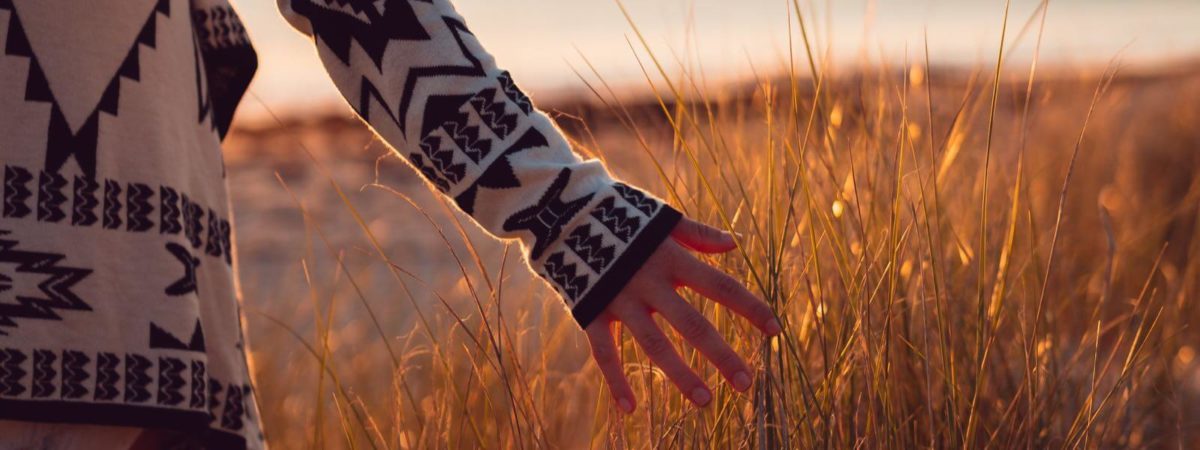
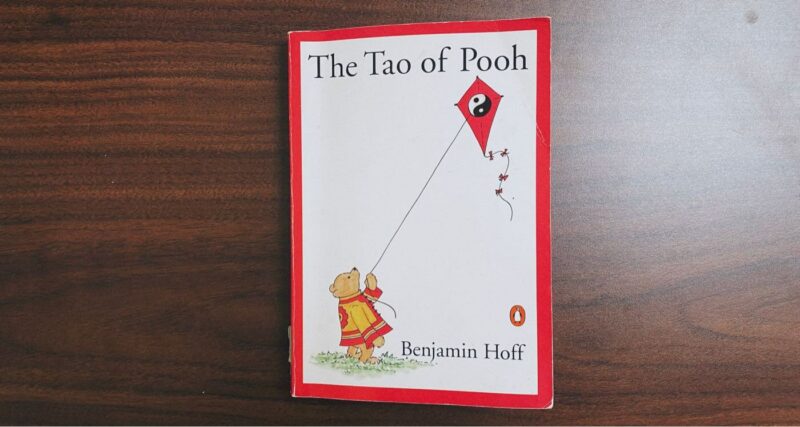
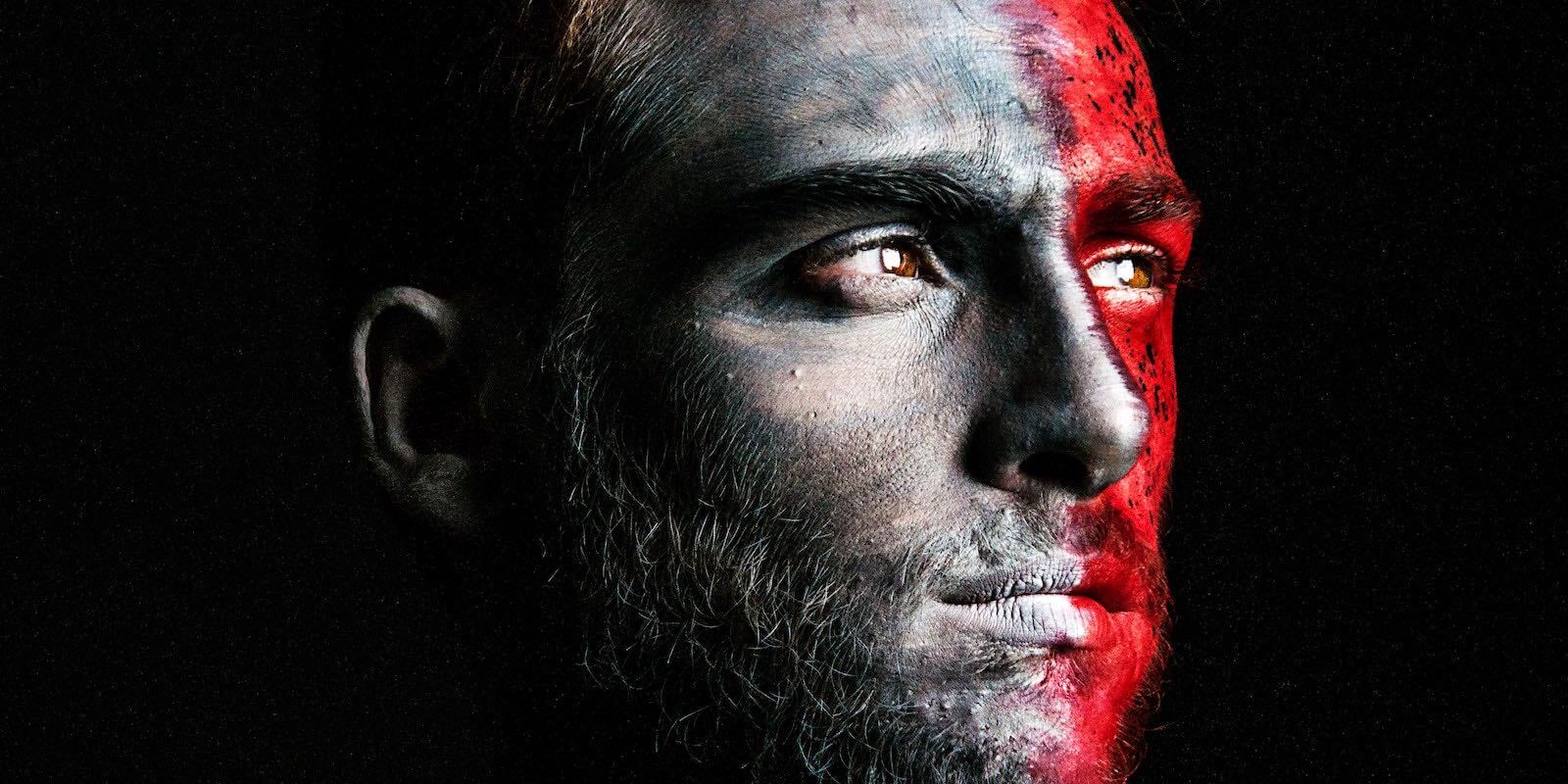
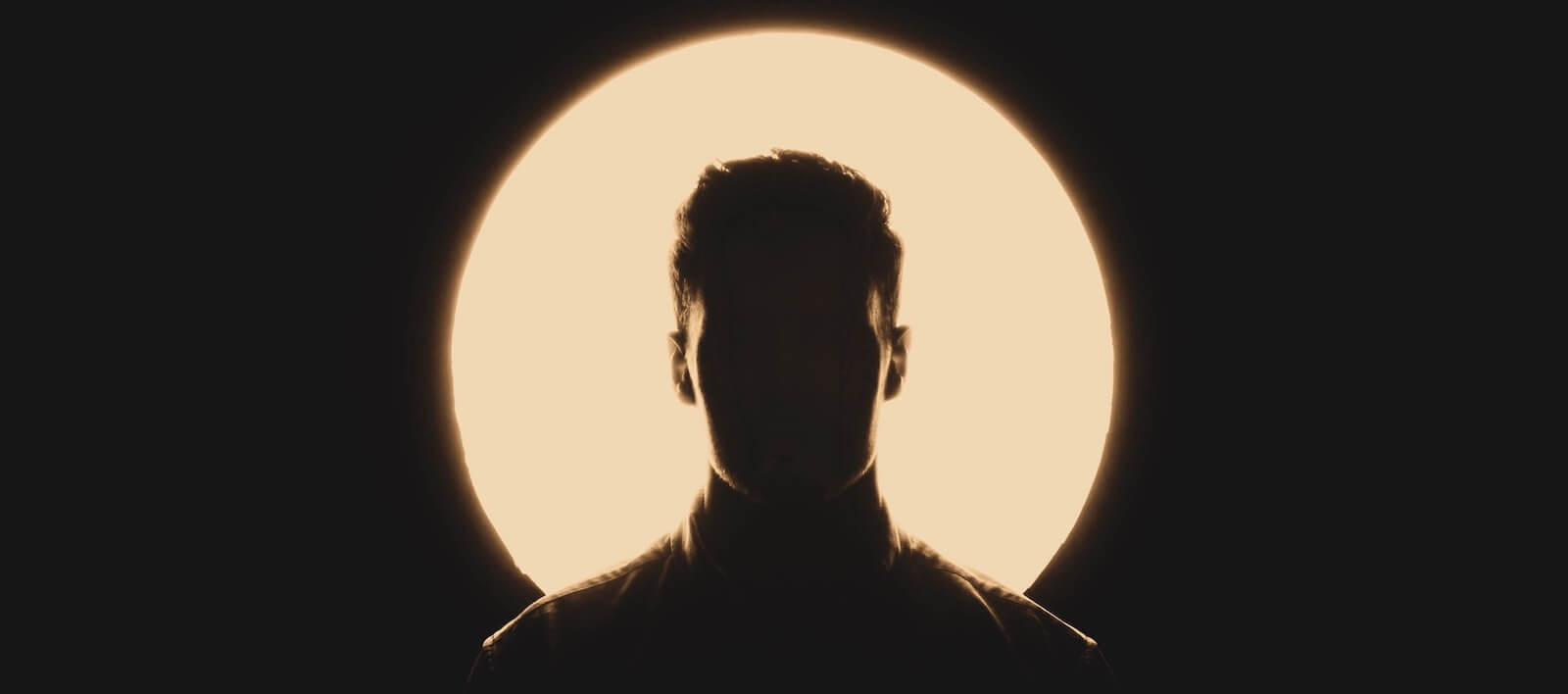
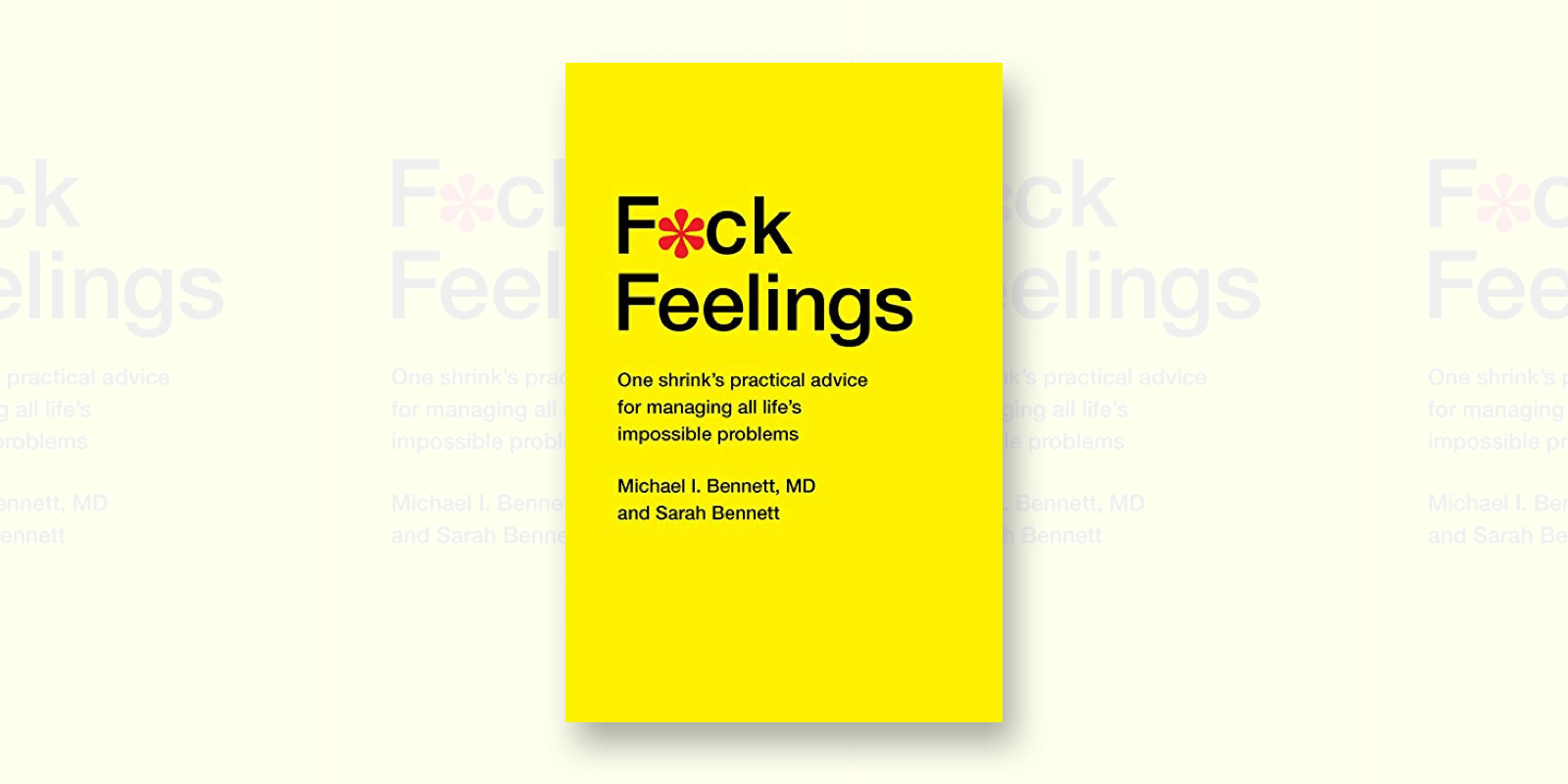
7 Comments
Add YoursOur life is frittered away by detail… simplify, simplify
Henry David Thoreau
Thanks Nick, appreciate this and all of your other work/words.
Thank you, Kai!
I am your biggest fan!!!!
Ha! Thanks bud 🙂
Thank you ????
Much of this is contradictory!!!!!!…
There are so many self help books, all essentially common sense.
A more useful tool for stillness is hatha yoga.
Also remember it wasn’t long ago that there weren’t the
plastic hands which is the main problem for daily “stillness”!!!